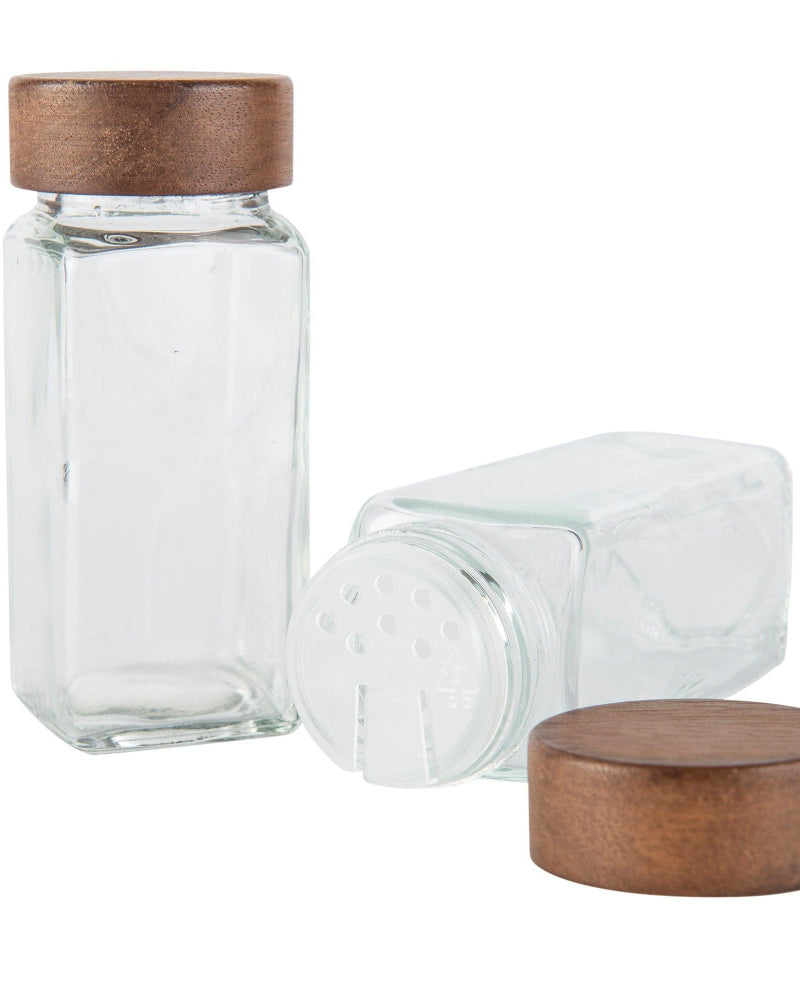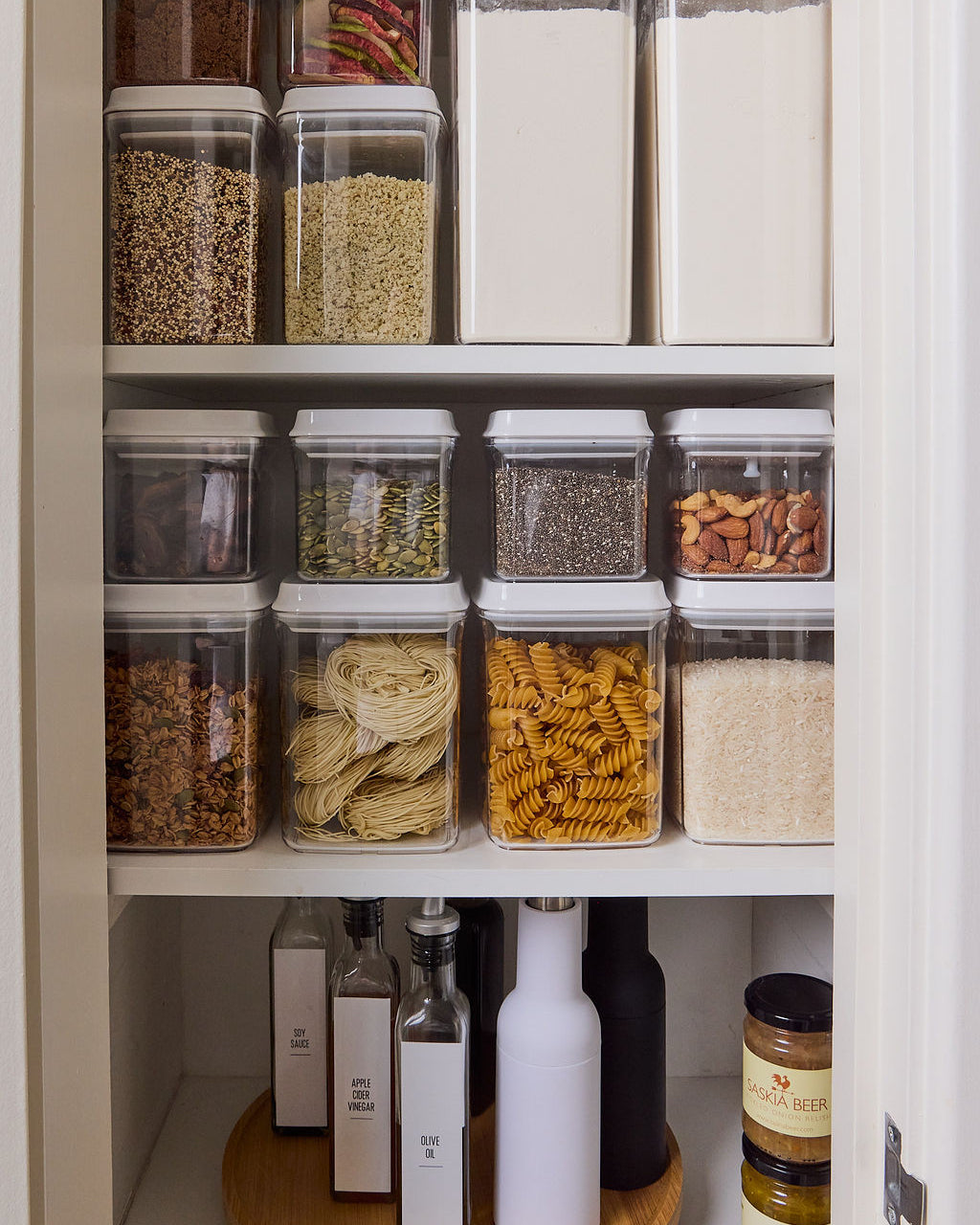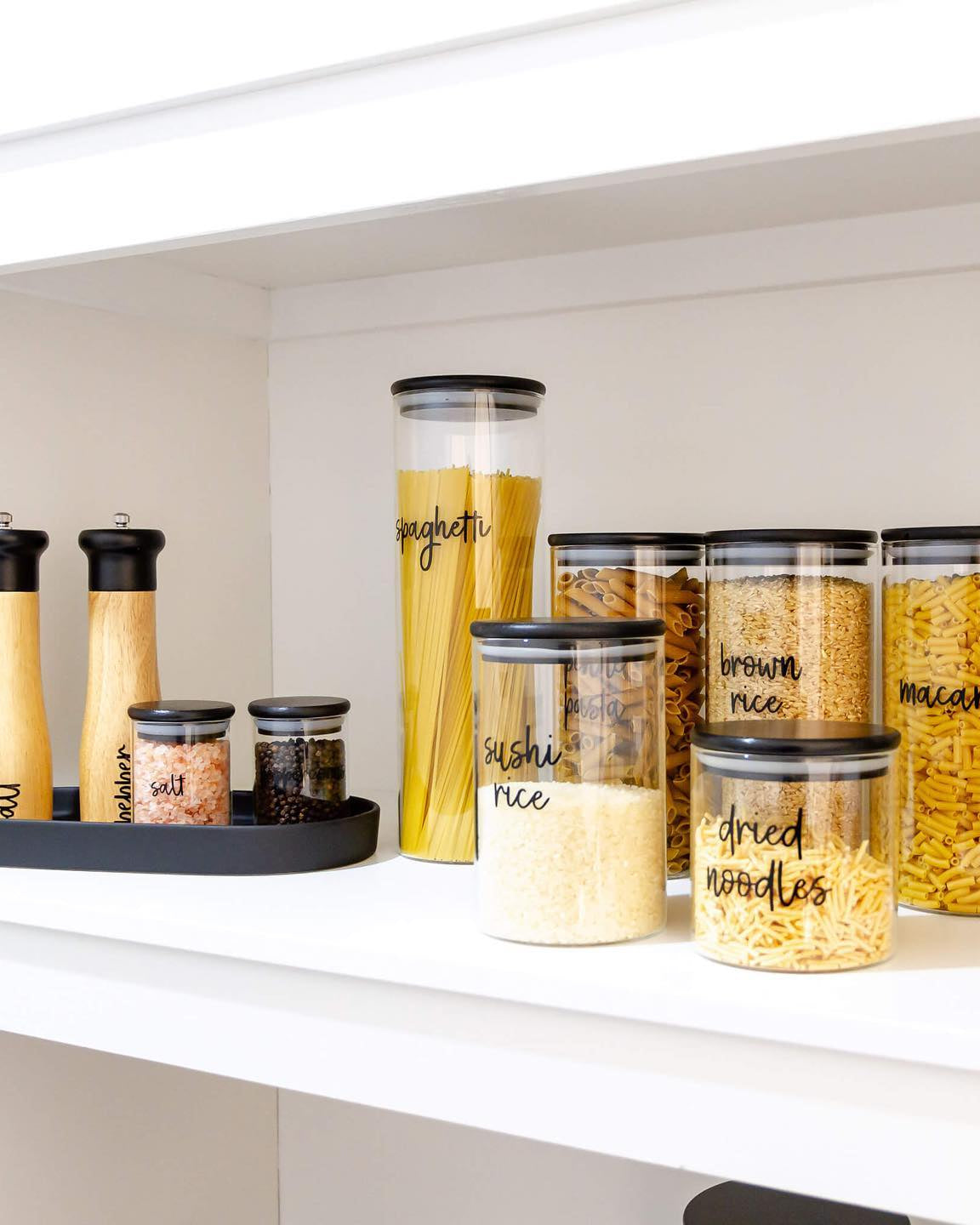From grocery stores to cafes to markets, these food and beverages labels are present everywhere. As customers, we are so used to checking the food labels to see whether something is good to consume or not. If not everything, we will still check the brand, manufacturing details, ingredients and pricing.
Food labels convey a story to those who can interpret them. Many countries have their own food and beverages labels' guidelines and symbols which need to be strictly followed.
If you think of launching your own food and beverages product, you must be thinking what your label should contain, especially the symbols. And what is the story behind those symbols and certifications or what do they even mean?
Here are some symbols that may help you understand why they are used and how important they are from the customers' perspective.

Country of Origin
Most customers look for a product grown or produced in their own country. They feel their sentiments attached to the product or brand that is national or local. In food and beverages labels, people can see the country of origin.
If it is an Australian product, they look for a triangle Kangaroo symbol showing the Australian origin with a bar chart displaying the percentage of ingredients used from Australia.
Kosher Certification
There are two most common Kosher certifications organisations. One is the OK Kosher Certification Board, and another is the Orthodox Union. The first one has a K symbol with a dark circle while the other has a U with a smaller circle.
It is not just religious-based reason, but most people consider it a cleaner and healthier product to consume. While you wish to market a kosher product, you can consult with different organisations that might help you understand its process.
Kosher is not the only religious-based certification. Halal-certified on food and beverages labels stands significant for Muslim-faith people.
Certified Gluten-Free
Worldwide, people are concerned about the gluten present in food products. Mostly those customers are worried about gluten-free products who feel pain and digestive issues because of gluten. By 2025, it is expected that the gluten-free market will expand to $8.3 billion.
Gluten-free logo on food and beverages labels is a standard logo across the globe used to indicate the product meets gluten-free standards. People with dermatitis herpetiformis, autoimmune disease and other gluten-related problems can live a healthy life is a significant reason for this gluten-free certification.
Fair Trade Certified
Fair Trade Certification on food labels indicated the workers receive fair wages and are working in a proper environment with the rights to join trade unions. Forced or child labour is prohibited. Crops are grown or produced in a way that they meet social, economical and environmental development.
Fair Trade standards are on certain products including wine, cocoa, honey, tea, sugar, fresh fruits, banana, juices, coffee, cotton, flower, gold, rice and spices. These standards are followed across the globe by many countries, and different organisations take care of it.
Vegan Certified
Mostly vegan people look for Vegan Certification on food and beverages labels. This symbol indicates that the products do not contain any animal product or byproduct and are not tested on animals.
This certification means the products do not contain fish, fowl, meat, animal by-products, eggs, egg products, honey or honey bee products, milk or milk products. This is one of the essential symbols’ vegan look for as they choose vegan products or brands above all.
Animal Welfare Approved
Animal Welfare Approved is a non-profit organisation which takes care that the product does not come from the agribusiness-owned operations where animals are raised in cruel conditions. It sets a certain standard that says the animal must be physically and psychologically well and behave naturally.
Most people do not understand this certification story as they do not know what that product has to do with it. But the people who understand prefer to buy AWA certified products.
Pesticide Residue Free Certified
Residue-free seal on food labels means the product has been tested for pesticides residues and the residues were below the specific standard set for it. The Pesticide Residue-free certification indicates that the product falls below the maximum residue limit.
Conclusion
The above mentioned are some of the symbols and certifications customers look at on the food and beverages labels.
Some others are nutrition labels, ingredients, allergic warning, weight and contents on food products etc.
There must be plenty of such symbols people look on food labels. Brands understand customer needs and design their food and beverages labels accordingly.
You know your product and customers well. With defined symbols on food and beverages labels, your brand acceptance and growth can increase smoothly. So, get custom food labels having these symbols and certifications for your brand. We can help you to sort and manufacture personalised labels. Partner with us and leave your food label problem on us.



